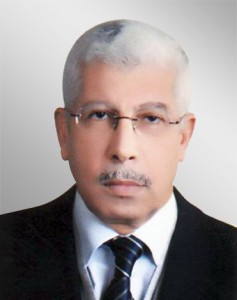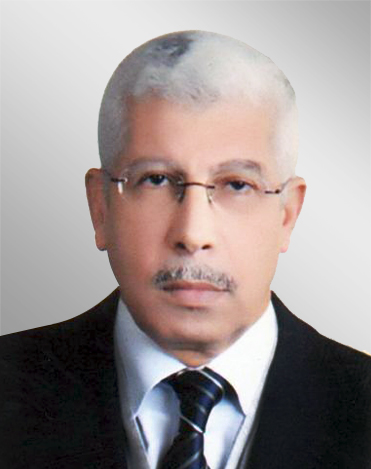
(Photo/Ministry of Finance Website)
By: Lamia Nabil
The 7th International Takaful Summit launched on Monday for the first time in Egypt, bringing takaful insurance and Islamic finance proposals to Egypt.
During his opening speech, keynote speaker and Minister of Finance Al-Morsi Hegazy said: “Egypt’s hosting this summit for the first time reflects confidence in the country’s economic future.”
He also said that Egypt is expanding mechanisms to allow for Islamic finance products and services to be launched on the market and that the country is ready to adopt the summit’s ideas and proposals.
Islamic insurance began in Egypt in 2008. By 2012, there were 12 companies in the market with total growth reaching 27%. Total compensation volumes hit EGP 470m in 2012, compared to EGP 130m in 2008, and now represent 6% of total compensation volumes for the insurance market in Egypt as a whole, according to Hegazy.
He also added that takaful insurance accounts for 5% of the total insurance market in Egypt, with total premiums volumes estimated at EGP 5bn.
The Islamic insurance industry has demonstrated substantial growth with gross written premiums (GWP) estimated to have reached $12bn in 2012, coupled with a compound annual growth rate from 20% to 25%.
Hegazy also promised that introducing sukuk (Islamic bonds) or any other Islamic finance products to the Egyptian market will not lead to a reliance on these products in favour of traditional financing products.
The sukuk draft law will be proposed to Prime Minister Hesham Qandil next Wednesday before being submitted to the Shura Council for approval.
During his speech, Hegazy also said that the Ministry of Finance is considering setting up several energy projects to be funded using Islamic finance.
Iqbal Asaria, an associate at Afkar Consulting, said that the “vibrant” takaful industry has continued to display strong growth in recent years with many of the key markets still exhibiting double digit growth, often with takaful outstripping the growth of conventional insurance. However, the fallout from failing financial markets and the changing political landscape in the Middle East, especially Egypt, have put pressure on continual growth.
Asaria also added that despite these challenges there still remain fantastic opportunities for increasing market penetration in core markets in Egypt and the Middle East, as well as harvesting the undoubted potential in Southeast Asia, Africa, and some non-Muslim countries with significant Muslim populations.
Weqaya Takaful Insurance CEO Dr Metaib Al-Rawqi said that Egypt is the market exhibiting the greatest potential for takaful growth in the region. Geographically, the country is conveniently accessible to both the Middle East and Africa, where the industry is flourishing. “We felt that for these reasons the international takaful industry is very important for the Egyptian market,” he said.
Egyptian Financial Supervisory Authority (EFSA) Chairman Dr Ashraf El-Sharqawy said: “As it is our role to supervise the financial market, we welcome all Islamic products, for it is our belief that the market accommodates all products, whether Islamic or non-Islamic.”
Deputy Minister of Finance Mohamed Maait said that Egypti is a vast and attractive market for Islamic finance.
World Federation of the Takaful and Islamic Insurance Secretary General Sirag El Hadi Qarib-Allah said that the takaful model can also be marketed to non-Muslims as a green or ethical product. “A number of Sharia scholars have said that takaful should be capable of expanding beyond the Muslim world, and, if marketed correctly, it has wider potential,” he said.




